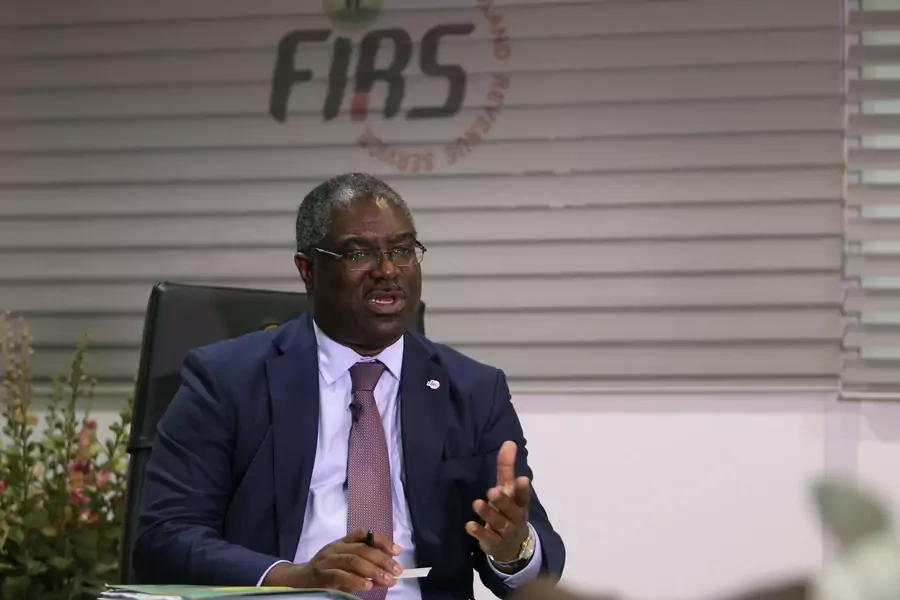Debt Servicing, Tax Revenue, and Oil in Nigeria

President Muhammadu Buhari is publicly asking the Federal Inland Revenue Service about its failure to meet tax-collecting targets since 2015. The president’s spokesman, Garba Shehu, commented, “it would appear that the country might be heading for a fiscal crisis if urgent steps are not taken to halt the negative trends in target setting and target realization in tax revenue.” Nigerian federal and state entities have borrowed so much money that debt service now consumes more than 70 percent of revenue, according to the finance ministry.
Since the early 1970s, the Nigerian government has been dependent on oil revenue for more the majority of its budget—at present it’s about half—and more than 90 percent of its foreign exchange. Hence, the government is hostage to the world price of oil. Prices have been low throughout Buhari’s presidency, leaving his administration with few options: it can either cut expenditure to fit revenue or borrow to make up for the revenue short-fall. As every government knows, cutting expenditure is difficult. Even reducing the growth of expenditure is hard. State governments also borrow, but when they approach bankruptcy, it is the Federal government that must bail them out. During this current period of relatively low international oil prices and a decline in Nigeria’s oil production, the government has been forced to borrow.
More on:
During his second term (2003-2007), when oil prices were high, President Olusegun Obasanjo successfully renegotiated Nigeria’s Paris Club debt in 2005. In return for a single payment (possible because of high oil prices), the accumulated debt was largely eliminated. Subsequently, the Nigerian government established a sinking fund. It set a target price per barrel for oil as the basis for government expenditure. When oil was higher than the target, the surplus went into a special fund. When it was lower, the resulting shortfall could be made up by drawing from the special fund. Unfortunately, the fund was largely depleted under murky circumstances during the Yar’Adua and Jonathan administrations, also a period of the great economic downturn starting in 2008.
Successive Nigerian administrations have recognized that the long-term solution is to move away from dependence on oil revenue. That is easier said than done and will require massive amounts of investment. The ongoing security issues that plague the country discourage foreign investment. Perhaps more important, it also discourages Nigerians from investing in their own country and encourages them to export their capital.
For Nigeria, oil really has been a curse. Arguably, the country was more developed in 1960 at the time of independence than it is now. Then, it exported food and there was a dynamic manufacturing sector, especially involving textile. Nigeria probably had the best roads, railways, and other infrastructure in West Africa then. But oil and its quick profits sucked up the available capital, and successive military governments pursued bad policies. There are other factors as well: the population is now a multiple of what it was in 1960; too rapid urbanization has introduced economic distortions, and degradation of the environment has accelerated. Taken together, history has not been kind to Nigeria.
More on:
 Online Store
Online Store